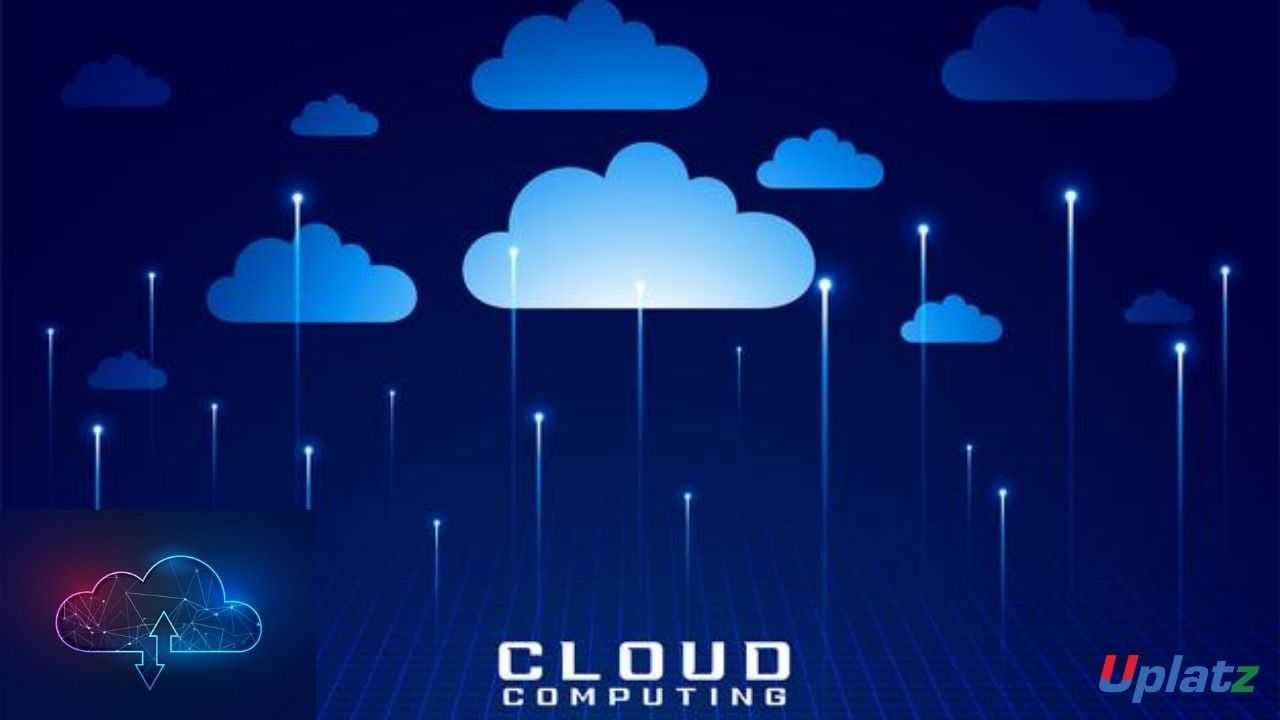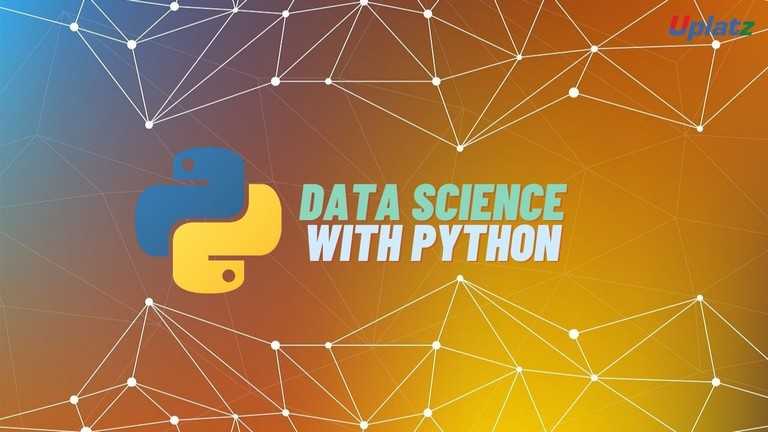Quantum Computing
Quantum Computing Unleashed: Bridging Theory, Hardware, Transformative Applications. Unlocking Quantum Computing’s Power for Real-World Breakthroughs.Preview Quantum Computing course
Price Match Guarantee Full Lifetime Access Access on any Device Technical Support Secure Checkout Course Completion Certificate 98% Started a new career
BUY THIS COURSE (
98% Started a new career
BUY THIS COURSE (GBP 12 GBP 29 )-
 88% Got a pay increase and promotion
88% Got a pay increase and promotion
Students also bought -
-

- Cloud Computing Basics
- 15 Hours
- GBP 12
- 89 Learners
-

- Machine Learning (basic to advanced)
- 65 Hours
- GBP 12
- 4543 Learners
-

- Data Science with Python
- 45 Hours
- GBP 12
- 2931 Learners

Quantum Computing – Self-Paced Online Course
Step into the future of computation with this in-depth, self-paced course designed to unlock the secrets of quantum computing—a field at the intersection of physics, mathematics, and computer science that is poised to redefine the technological landscape. Whether you're a student, a tech professional, a research enthusiast, or a curious learner looking to expand your horizons, this course offers a clear, structured, and practical pathway into one of the most groundbreaking domains of modern science.
This comprehensive training program explores the core concepts, principles, and technologies behind quantum computing, empowering learners with the theoretical knowledge and practical skills needed to understand and work with quantum systems. Through engaging, pre-recorded video sessions led by experienced instructors, you will learn at your own pace, from any location, and on your own schedule. This flexibility allows you to tailor your learning experience to fit your lifestyle, whether you're upskilling, reskilling, or simply exploring a new frontier of technology.
On successful completion of the course, learners will receive a Course Completion Certificate, which serves as a credible testament to your foundational proficiency in quantum computing and can be shared on your résumé, social platforms like LinkedIn, or in job applications.
Why Quantum Computing Matters
Traditional (classical) computers operate using bits—units of data that are either 0 or 1. Quantum computers, on the other hand, use qubits, which leverage quantum phenomena such as superposition and entanglement to process information in entirely new ways. This unique approach allows quantum computers to solve problems in areas like cryptography, optimization, drug discovery, and materials science at speeds unimaginable with conventional systems.
With major tech companies and research institutions making huge investments in quantum computing, the demand for skilled professionals in this domain is growing rapidly. This course provides the groundwork needed to enter this emerging field and gives you the confidence to discuss, analyze, and even start developing quantum algorithms and circuits.
What This Course Covers
This course begins by establishing a solid foundation in quantum theory, explaining how the rules of quantum mechanics differ from classical physics and how they apply to computing. You’ll explore the fundamental unit of quantum information—the qubit—and learn how to represent, manipulate, and measure it using mathematical constructs and quantum gates.
From there, the course delves into quantum algorithms such as Grover’s and Shor’s algorithms, helping you understand the power and limitations of quantum computation. Real-world use cases are discussed throughout to connect theory with application, demonstrating how quantum computing can solve problems in finance, healthcare, artificial intelligence, cybersecurity, and more.
By the end of the course, you’ll not only understand how quantum computing works—you’ll be able to articulate its potential, design basic quantum circuits, and identify opportunities for applying quantum principles in real-world scenarios.
Who Should Take This Course
This course is ideal for:
- Computer science and physics students interested in quantum technologies
- Software engineers and data scientists exploring the next generation of computing
- Academics and researchers in computational sciences or applied mathematics
- IT professionals looking to upskill in emerging technologies
- Technology enthusiasts fascinated by quantum theory and future computing models
No prior experience in quantum physics is required, though familiarity with linear algebra, basic programming, and classical computing concepts will enhance your learning experience.
How to Use This Course Effectively
To get the most out of this course, we recommend the following learning strategy:
1. Set Clear Learning Goals
Before you begin, identify your personal goals. Are you learning for academic enrichment, career advancement, or pure curiosity? Defining your purpose will help you stay focused and motivated throughout the course.
2. Establish Your Learning Environment
Install a suitable quantum computing environment if recommended—such as IBM Quantum Lab or Qiskit—so you can code along during the technical demonstrations. These tools often come with browser-based interfaces, making it easy to practice without complex setup.
3. Engage Actively with the Videos
Treat each video as an interactive session. Pause frequently to take notes, solve any example problems provided, and reflect on the concepts. If a concept doesn’t make sense immediately, replay that section—repetition is key when learning abstract topics like quantum mechanics.
4. Practice Qubit Manipulations
As you learn about qubits and gates, try implementing them in simulators or using Python-based quantum SDKs. Visualize qubit states using Bloch spheres and experiment with different quantum gates to understand their behavior.
5. Use Supporting Resources
Keep a quantum computing glossary or cheat sheet nearby to reinforce your understanding of key terms like superposition, decoherence, Hadamard gates, and tensor products. Leverage community-driven resources, GitHub repositories, and documentation from quantum toolkits for deeper dives.
6. Take Time to Review Complex Concepts
Quantum mechanics introduces ideas that may challenge your intuition. Don’t rush. Dedicate time to review the mathematical underpinnings of concepts such as entanglement, quantum parallelism, and interference. Use diagrams and real-life analogies provided in the course to ground your understanding.
7. Work on the Practice Exercises
Apply what you learn through coding challenges or circuit-building tasks included in the course. These exercises reinforce learning and help you think like a quantum developer.
8. Join Quantum Communities
Engage with other learners and professionals in forums such as the Qiskit community, Stack Exchange, or Reddit’s quantum computing groups. Asking questions, reading discussions, and sharing insights will broaden your perspective and keep you inspired.
9. Document Your Progress
Maintain a digital notebook or GitHub repository where you summarize each module, jot down key takeaways, and save your code experiments. This becomes a valuable reference and can even form part of a future portfolio.
10. Review Before Completion
Before finishing the course, revisit challenging modules and try explaining the core ideas in your own words. This active recall strategy ensures you're truly internalizing the content rather than just memorizing it.
What You’ll Walk Away With
By the end of this self-paced course, you will:
- Understand the foundational principles of quantum mechanics as applied to computation
- Be able to represent and manipulate qubits and quantum gates
- Gain practical skills in building simple quantum circuits and simulations
- Analyze the working of popular quantum algorithms
- Recognize the real-world impact and application areas of quantum computing
- Be prepared for more advanced studies or research in quantum technologies
- Earn a Course Completion Certificate validating your achievement and newly acquired expertise
Quantum computing is not just a theoretical idea—it’s a fast-developing reality. This course is your gateway to becoming part of this exciting future. Learn at your own pace, build a solid foundation, and take your first step into the quantum era.
Course/Topic 1 - Course access through Google Drive
-
Google Drive
-
Google Drive
By the end of this course, learners will be able to:
- Understand the Fundamentals of quantum mechanics, including superposition, entanglement, and quantum measurement.
- Master Qubit Manipulation by learning single-qubit and multi-qubit gates and their representation in quantum circuits.
- Explore Quantum Algorithms such as Deutsch-Jozsa, Grover’s search, and Shor’s factoring algorithms.
- Analyze Quantum Architectures and compare physical implementations like superconducting qubits and trapped ions.
- Implement Quantum Error Correction techniques to ensure fault-tolerant quantum computations.
- Apply Quantum Computing to cryptography, simulation, machine learning, and optimization problems.
- Evaluate Ethical Implications of quantum computing and its societal impact.
Quantum Computing - Course Syllabus
Module 1: Foundations of Quantum Mechanics
- Introduction to quantum phenomena (wave-particle duality, superposition)
- Mathematical formalism (Dirac notation, Hilbert spaces)
- Quantum measurement and uncertainty principle
- Entanglement and its implications
Module 2: Qubits and Quantum Gates
- Qubit representation and manipulation
- Single-qubit gates (Hadamard, Pauli gates)
- Multi-qubit gates (CNOT, Toffoli gates)
- Quantum circuits and their representation
Module 3: Quantum Algorithms
- Deutsch-Jozsa algorithm
- Grover's search algorithm
- Shor's factoring algorithm (overview)
- Quantum Fourier transform and its applications
Module 4: Quantum Computing Architectures
- Physical implementations of qubits (superconducting, trapped ions)
- Quantum error correction and fault tolerance
- Overview of different quantum computing platforms
Module 5: Applications and Future of Quantum Computing
- Quantum cryptography and secure communication
- Quantum simulation and materials discovery
- Quantum machine learning and optimization
- Ethical and societal implications of quantum computing
Upon successfully completing the Quantum Computing course, learners will receive a Course Completion Certificate from Uplatz, validating their expertise in quantum computing principles and applications. This certification demonstrates your ability to work with quantum systems and algorithms, making you a competitive candidate in academia, research, and industry.
For those aiming to pursue advanced credentials, this course serves as a strong foundation for official Quantum Computing Certification programs. The knowledge gained will prepare you for specialized roles in quantum research, development, and implementation, as well as for further studies in this rapidly evolving field.
Completing the Quantum Computing course unlocks exciting opportunities in technology, research, and innovation. Professionals with quantum computing skills are in high demand across industries such as cybersecurity, pharmaceuticals, finance, and artificial intelligence.
Potential career paths include:
- Quantum Computing Researcher
- Quantum Algorithm Developer
- Quantum Software Engineer
- Cryptography Specialist
- Quantum Hardware Engineer
- Academic or Industrial Scientist
Whether you’re transitioning into quantum technology or enhancing your current expertise, this course equips you with the knowledge and skills to thrive in a future shaped by quantum advancements.
- What are the key differences between classical and quantum computing?
Classical computers use bits (0 or 1) for processing, while quantum computers use qubits, which can exist in superposition (0, 1, or both simultaneously). Quantum computing leverages entanglement and interference to solve complex problems exponentially faster for specific tasks like factorization and optimization. - Explain the concept of quantum superposition and its significance.
Superposition allows a qubit to be in multiple states at once (e.g., |0⟩ and |1⟩). This property enables quantum parallelism, where computations are performed on all possible states simultaneously, drastically speeding up algorithms like Grover’s search. - How does entanglement enable quantum computing applications?
Entanglement creates correlated qubits where the state of one instantly influences another, regardless of distance. This is critical for quantum teleportation, error correction, and algorithms like Shor’s, which rely on coordinated qubit behavior. - Describe the role of the Hadamard gate in quantum circuits.
The Hadamard gate transforms a qubit from a basis state (|0⟩ or |1⟩) into a superposition state (|0⟩ + |1⟩ or |0⟩ − |1⟩). It’s foundational for creating uniform superpositions, essential in algorithms like Deutsch-Jozsa and quantum Fourier transforms. - What is the Deutsch-Jozsa algorithm, and how does it demonstrate quantum advantage?
The Deutsch-Jozsa algorithm determines whether a function is constant or balanced with a single query, while classical computers require up to 2ⁿ⁻¹+1 queries. It showcases quantum speedup by exploiting superposition and interference. - How does Shor’s algorithm threaten classical cryptography?
Shor’s algorithm efficiently factors large numbers using quantum Fourier transforms, breaking widely used encryption like RSA. This poses a risk to current cryptographic systems, prompting the development of post-quantum cryptography. - Compare superconducting qubits and trapped ions as quantum computing platforms.
Superconducting qubits are scalable and faster but require ultra-low temperatures. Trapped ions have longer coherence times and higher gate fidelity but face challenges in scaling due to slower operation speeds. - What are the challenges in achieving fault-tolerant quantum computing?
Key challenges include qubit decoherence, error rates in gates, and the need for extensive error correction (e.g., surface codes), which demands millions of physical qubits per logical qubit. - How can quantum computing revolutionize machine learning?
Quantum machine learning (QML) algorithms, like quantum PCA or QNNs, could accelerate tasks such as clustering and optimization. Quantum data encoding may also enable exponential speedups in pattern recognition. - Discuss the ethical concerns surrounding quantum computing.
Ethical issues include cybersecurity threats (breaking encryption), unequal access to quantum resources, and potential misuse in surveillance or weaponization. Responsible innovation and global collaboration are vital to mitigate risks.









